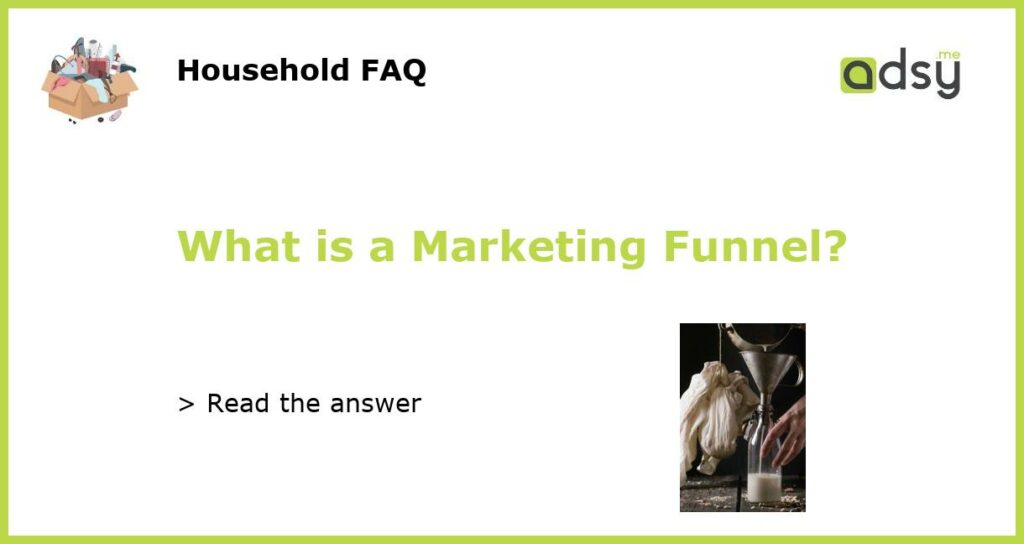Breaking Down the Marketing Funnel: Understanding the Basics
A marketing funnel is a strategic model that represents the journey a potential customer takes from becoming aware of a product or service to eventually making a purchase. The funnel typically consists of different stages or phases that progressively guides the prospect towards conversion. Marketers use the funnel to identify areas where a prospect could lose interest or disengage, and optimize the process accordingly. While the specific stages may vary depending on the business and the industry, most funnels include the following:
The Top of the Funnel: Attracting Potential Customers
This is the stage where your potential customer becomes aware of your brand or product. Here, you need to make yourself visible by creating compelling content that speaks to your target audience. For instance, you can share blog posts, social media updates, or infographics that showcase your expertise in the field. It’s important to recognize that at this stage, the customer may not be looking to make a purchase, but rather gathering information and researching different options.
The Middle of the Funnel: Nurturing the Relationship
This is where you start to build a deeper relationship with your prospects. You have captured their attention, and now it’s time to guide them towards the next step in the journey. At this stage, you may offer them free resources, such as ebooks, webinars, or consultations that help them make informed decisions. The goal is to position yourself as a trusted authority in the field and provide value to the prospect, so they keep engaging with your brand.
The Bottom of the Funnel: Closing the Deal
This is the stage where the prospect is ready to make a purchase, and you need to facilitate the process. Here, you may offer them product demos, trials, or exclusive discounts to incentivize them to take action. The goal is to make the buying experience as seamless as possible, removing any friction points that could lead to a lost sale.
The Importance of Analyzing the Funnel
An effective marketing funnel is not just about moving people from one stage to another, but also about analyzing the data to identify areas of improvement. By tracking and measuring your funnel’s performance, you can see where prospects are dropping off and adjust your strategy accordingly. For instance, if you notice that a lot of people are leaving your website at the checkout stage, you may need to optimize your cart design or payment options to make the process more streamlined.






